After a one year hiatus for the franchise, Assassin’s Creed returned in 2017 to critical acclaim. Ubisoft had set off in a new direction for the franchise, and while it felt wholly familiar for Assassin’s Creed fans, it was clear that they were moving things in a new direction. That direction was towards Assassin’s Creed being less of an open world game focused on stealth, to more of an open world RPG. It was a proof of concept game that ultimately feels like it paved the way for this year’s release.
With a decade of gameplay ideas to pull from, Assassin’s Creed Odyssey takes many of the great systems and franchise hallmarks from games past, and bundles them with completely new ones to form an incredibly dense game. Odyssey is quite possibly the most ridiculous Assassin’s Creed game ever made when it comes to its actual length and sheer number of things to do in this world.
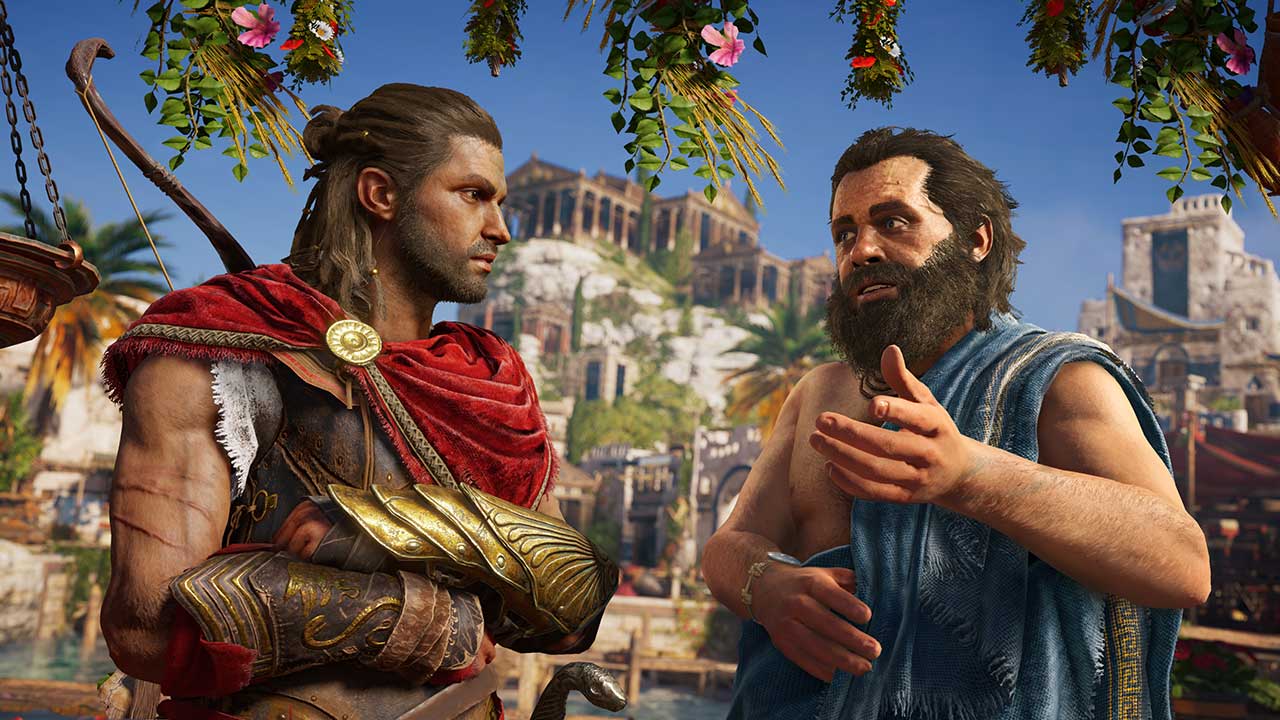
Those who did play Origins will feel somewhat at home. The visual style of the game hasn’t changed much from last year. Ancient Egypt and Greece don’t look all that different in most spots. The loot and rewards systems from the last game have been carried over as well. So does that mean that Odyssey is a “re-skin” of Origins? Perhaps if you were judging the game solely on these two facets, you might be able to make a case for it, but when you start digging into the many new things that have been incorporated here and the way that it all comes together to feel like something where the player’s choices matter, you start to see that this is something much different than any other Assassin’s Creed game.
A mix of old and new ideas for Assassin’s Creed
Not everything has changed. This is Assassin’s Creed after all. You’ll be plunged into the Ancient Greek historical setting aligned with the Peloponnesian War. The Athenians and Spartans are fighting across the country and you’ll choose to play as one of the descendants of the Spartan King Leonidas. Regardless of who you choose, either the female character Kassandra or her brother Alexios, you’ll serve as a mercenary that can choose who they want to lend their services to. And of course, this all takes place during the present in the Animus — a virtual reality machine that allows the user to interact with genetic memories. Like other games in the series, the story runs parallel timelines. The timeline regarding the main character and the choices that you make in Ancient Greece, as well as the story line taking place in the present day with Layla Hassan and the Animus.
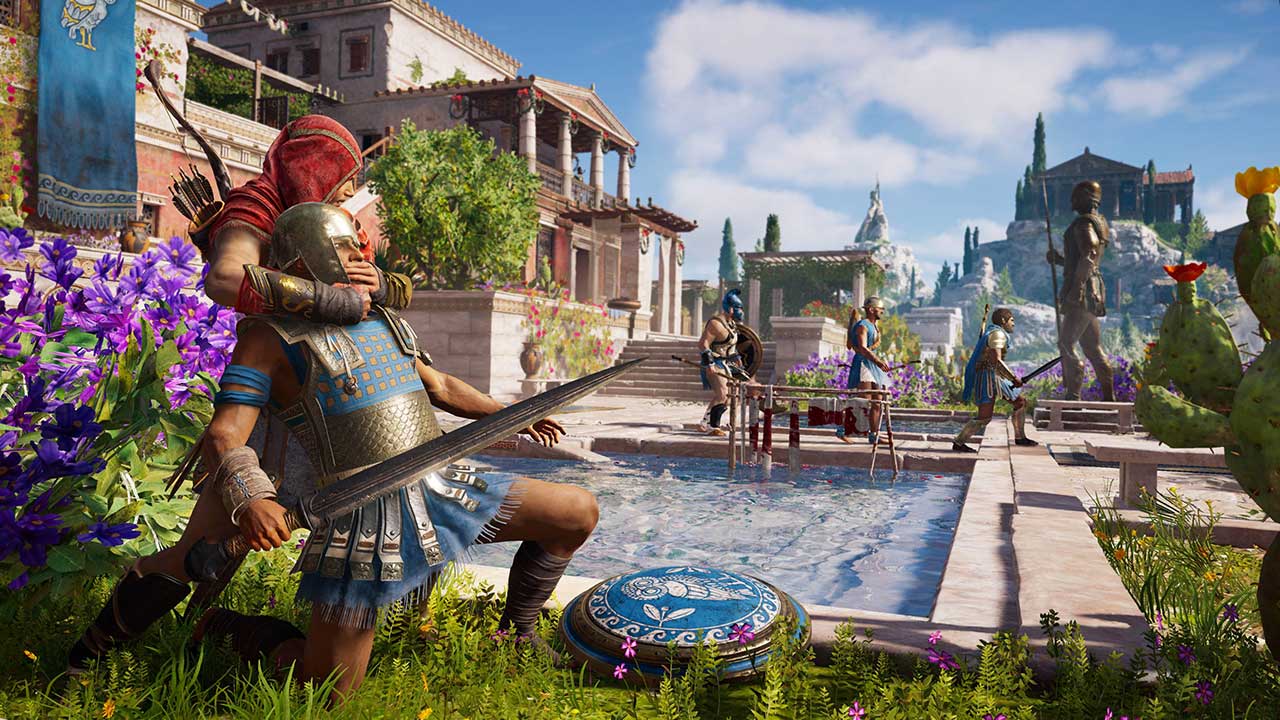
The structure of the story telling is par for the course for Assassin’s Creed games. Enjoyable and just mysterious enough to keep you pushing through this lengthy game, what feels much different is the way you’ll get to the end. Things are much less scripted and linear than they have been in previous games. Your choices matter more, and depending on the choices that you make, your experience in Assassin’s Creed Odyssey can differ wildly. This starts at the dialogue level. For the first time in an Assassin’s Creed game, you can choose how you want to interact with NPCs during conversations. This can lead to completely different outcomes that cause a ripple effect in the game. Want to play the bad guy? You can do that. But, there will always be consequences or rewards for your actions. Taking one path may lead you to gear you couldn’t otherwise get, while taking another may send a powerful bounty hunter after you, making life difficult.
Beware the bounty hunters
This bounty hunter system is certainly one of the biggest changes to the AC formula. Similar to something like the wanted meter in Grand Theft Auto, if you commit crimes like theft or murder, bounty hunters will try and track you down. These bounty hunters are usually powerful characters that must be dealt with, alongside any other objectives you may have in front of you. Have a bounty on your head? A simple mission where you’re tasked with taking out some low-level enemies may turn into something where you’re also fighting multiple high-level bounty hunters. It can definitely be frustrating at times, but also makes things feel a bit more dynamic and less static.
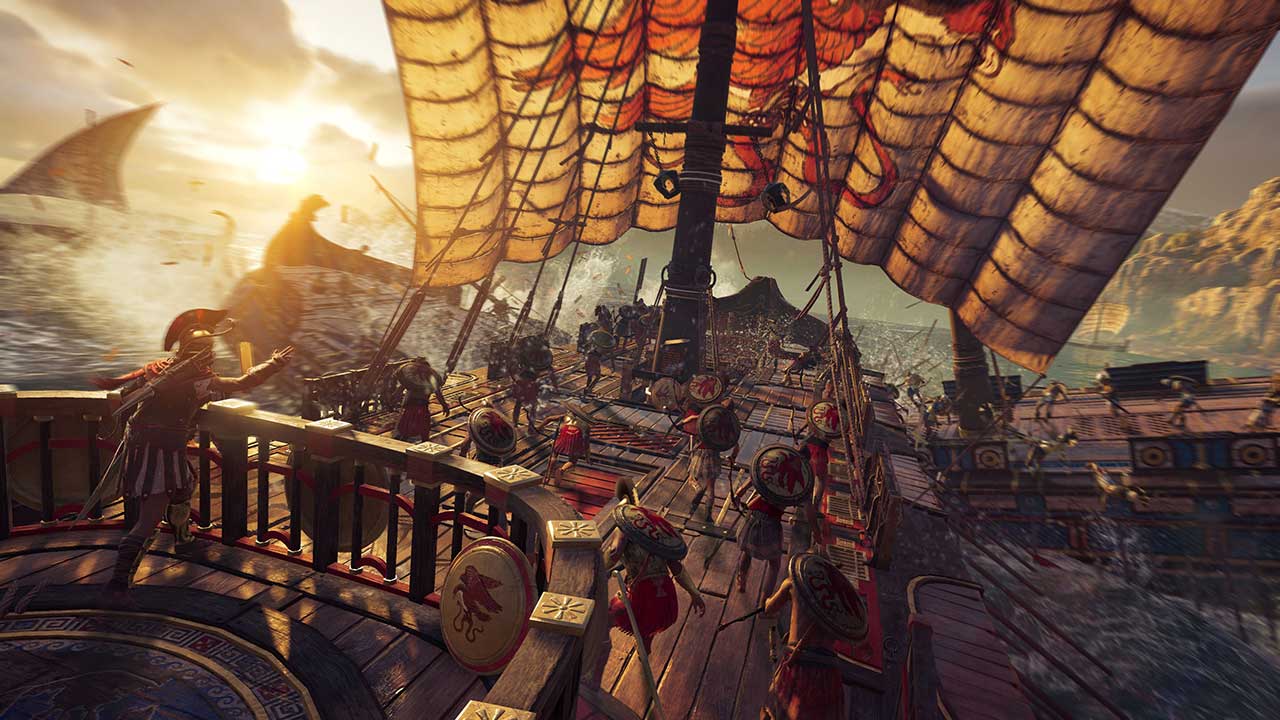
The meat of Assassin’s Creed Odyssey is the combat and it’s pretty similar to what we saw in Origins with some pretty significant changes thrown in as well. It’s a mixture of stealth and melee combat with a new abilities tree that can be customized to fit your playstyle. These abilities are grouped into three different subsets for unlockable skills in the Hunter, Warrior, and Assassin branches. There’s a ton to experiment with here. You can choose to upgrade abilities like in-combat healing and shield breaking in the Warrior branch. The Assassin branch focuses on things like poison coating or other lethal tactics, while the Hunter branch allows you to have more powerful skills associated with the bow and arrow. There are eight total skills that you can have equipped in Melee and Ranged attacks that can be used on the fly. Warrior and Assassin abilities are designated to the melee side, while Hunter abilities are Ranged. Almost every mission in Odyssey has some sort of combat aspect to it, though there is a sandbox set-up which allows you to choose whether you want to try a stealthy approach or straight forward assault.
Combat abilities change up the formula for the better
The open world of Odyssey does allow you to go just about wherever you want after you’ve completed a lengthy prologue that introduces you to many of the game’s mechanics. However, in true RPG fashion, much of this content is gated by character level. Just because you can go somewhere doesn’t necessarily mean that you’ll be able to complete certain missions in the game if you aren’t adequately leveled. This leveling comes from the XP system in the game, and your ability to defeat higher level enemies will come from your selection of gear, abilities, and overall character level. The roadblocks in Assassin’s Creed Odyssey come pretty quickly ushering you to check out the many different things that go far beyond the main story path.
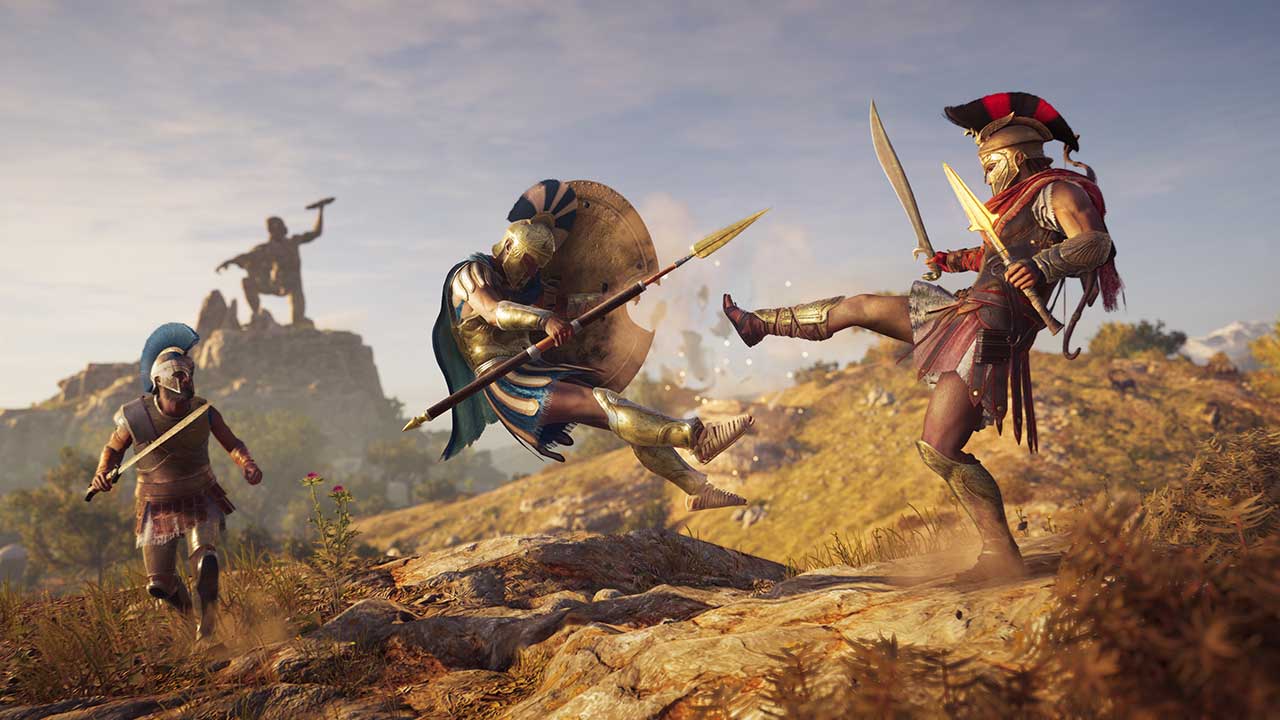
Here is where Assassin’s Creed Odyssey can become overwhelming. Outside of your standard open world side missions, there are quite a few different systems to manage. Given that Greece is essentially a large group of islands there’s a heavy naval component to the game. For a game that isn’t necessarily as laser focused on naval combat as, say, AC: Black Flag, this component is pretty robust. Players will manage their ship, crew, and abilities for naval exploration and combat. Fights play out on the open water with your crew launching arrows and spears at enemy ships. Once a ship’s “HP” is down, boarding sequences occur where you can eliminate the remaining crew and snatch their loot. There’s an entire system of collectible tablets strewn across the world that allow you to upgrade your ship. You can also perform numerous missions that allow you to recruit specialized crew to help you in these combat sequences.
Bounties, Boats, and massive Battles
The aforementioned bounty system is yet another system that players will contend with along the journey as well. These characters will be tracking you throughout your time in Odyssey when you do bad things, but they also have a multi-tiered system of harder and harder mercenaries that will be on your tail. Killing one only brings on bigger and badder enemies to fight. About 10-12 hours into the game, yet another system opens up that has you tracking down cult members by using clues. Once these clues lead you to a specific cultist, they will be revealed in the world and can be tracked and killed to complete yet another questline.
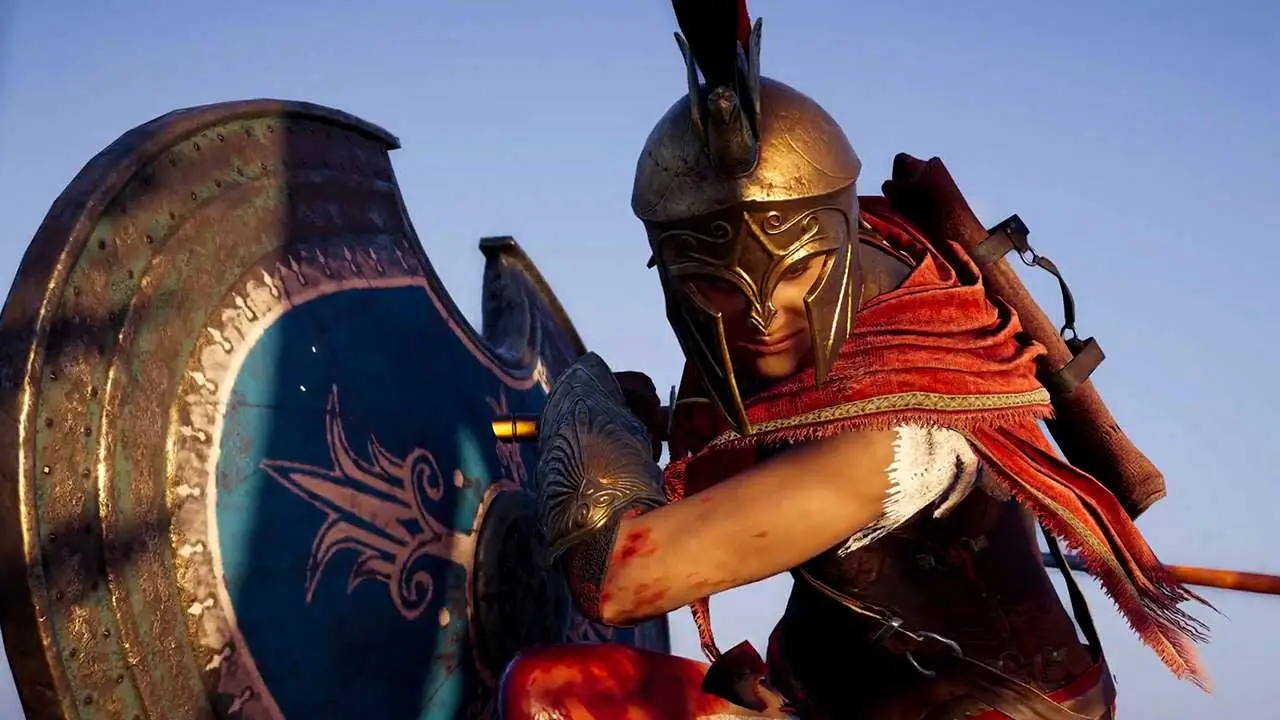
There’s also an ongoing war between the Greeks, and you as a mercenary can participate in this war. Each region in Greece has a war going on and you can pour kerosene all over it by destroying supplies for specific factions, killing soldiers and generals, weakening them enough to incite a battle in which you can participate in. These systems are on top of the “Odyssey” quests, any side missions, treasure hunts, riddles, bounties, synchronization points, and other open world activities that you feel like doing along the way. Assassin’s Creed Odyssey is an incredibly dense game that pulls you into the world with a ton of different activities.
There’s almost too much to do in this game
It’s hard not to be a little overwhelmed by it all. Looking at the massive map and just trying to figure out what you should do next is a challenge at times. Just trying to focus down on one of these different activities in the game can be a multi-hour affair. Assassin’s Creed games have always been pretty robust when it comes to content, but Odyssey is an undertaking. It’s so much more than just picking up collectibles and clearing a zone before moving forward. Eventhough it has all of these different open world “filler” activities as well, if you simply can’t get enough.
That said, all of this stuff feels like its mandatory. Odyssey doesn’t feel like a game where you can skip through this extra content and get straight to the story. Since you are constantly roadblocked by your level, you’re looking to put the puzzle together by completing the missions that are available to you at your current level, just above or just below. Because of that, Odyssey can be a daunting game and is one that you should pick up only if you’re excited by the idea of sinking 60+ hours into it and getting completely engrossed in the world.
The Verdict
Assassin’s Creed Odyssey takes the excellent blueprint laid down by Origins and expands on it. It’s more dynamic than any game in the series, and gives the very best modern, open-world RPGs a run for their money when it comes to the sheer amount of content and level of quality found across the board. Mileage may vary on the story front, but when it comes to gameplay, Odyssey is one the best Assassin’s Creed games to date.


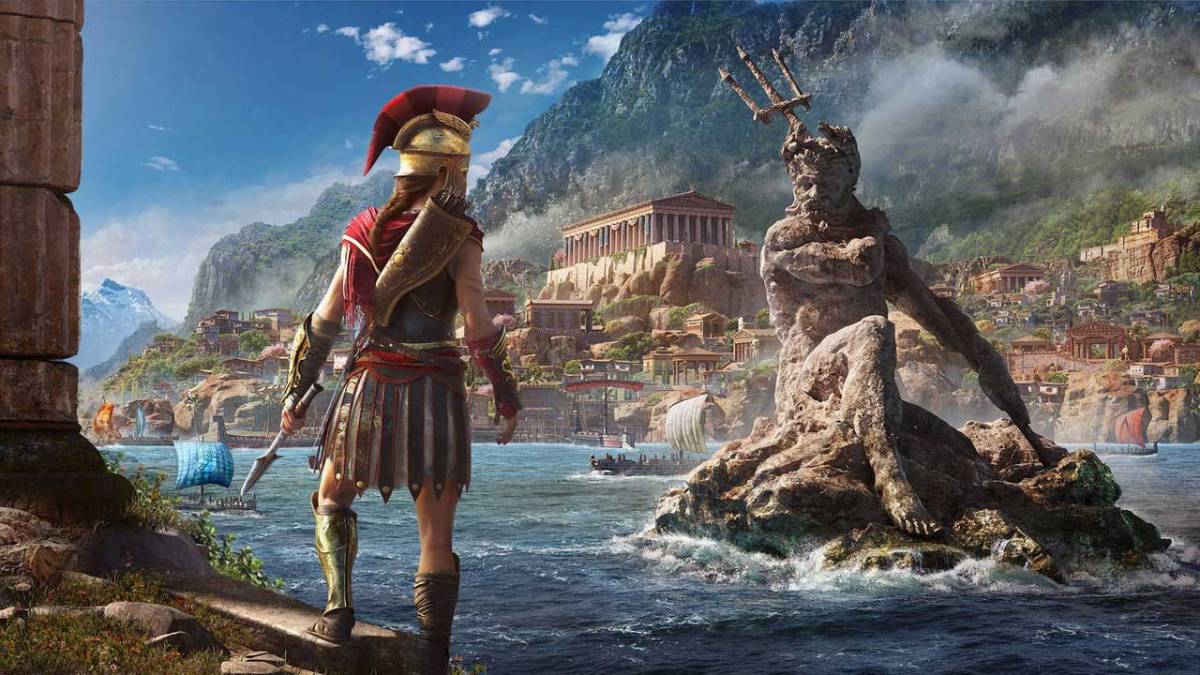
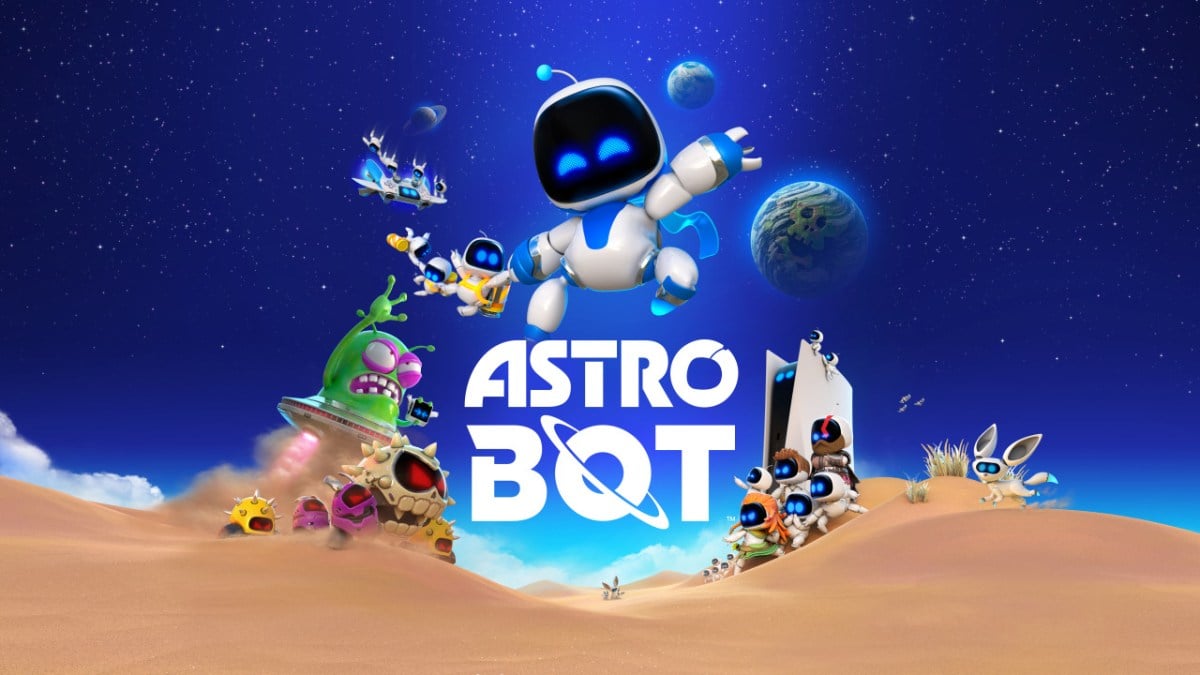
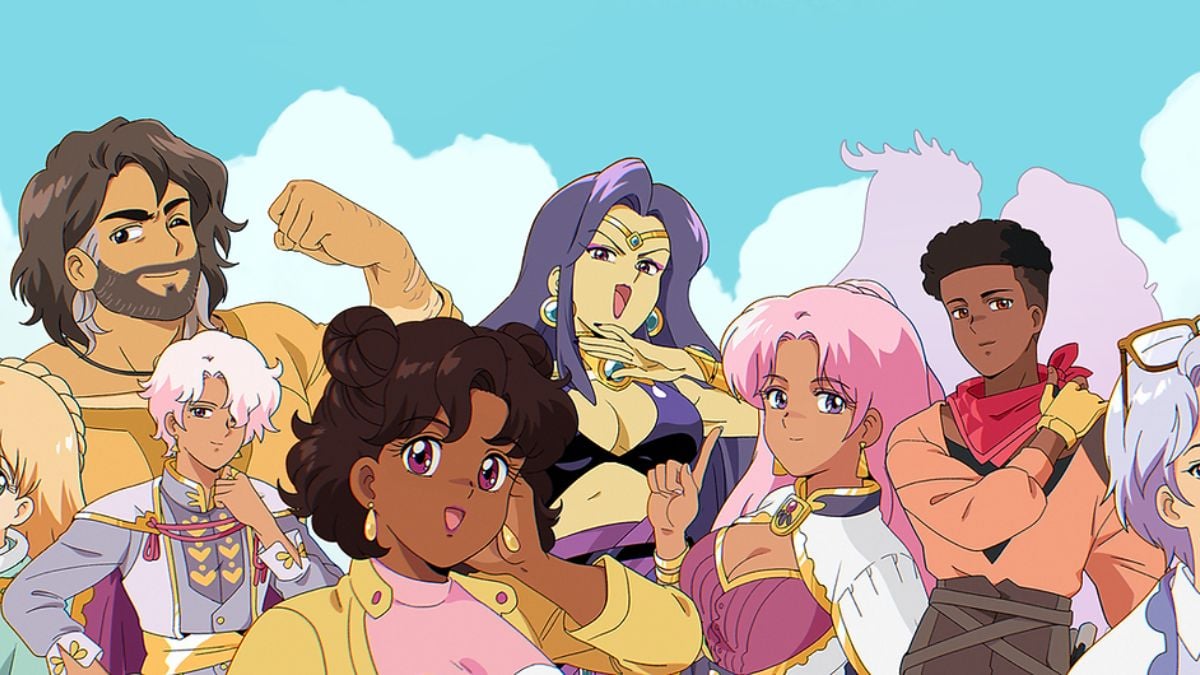
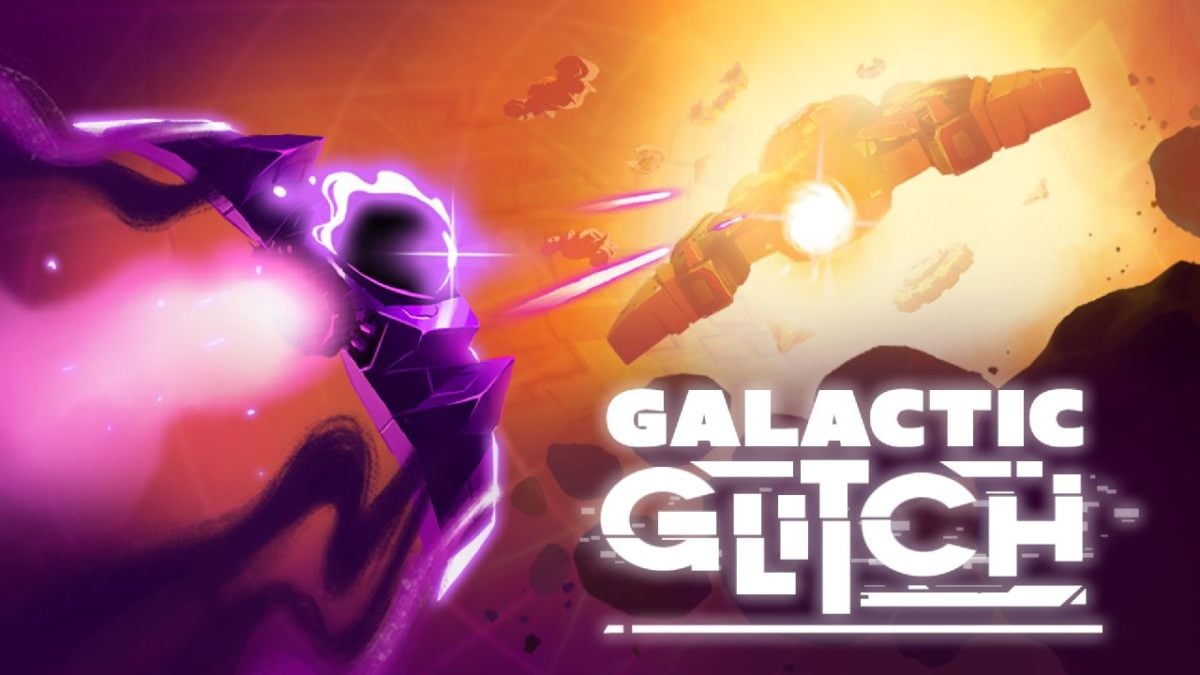

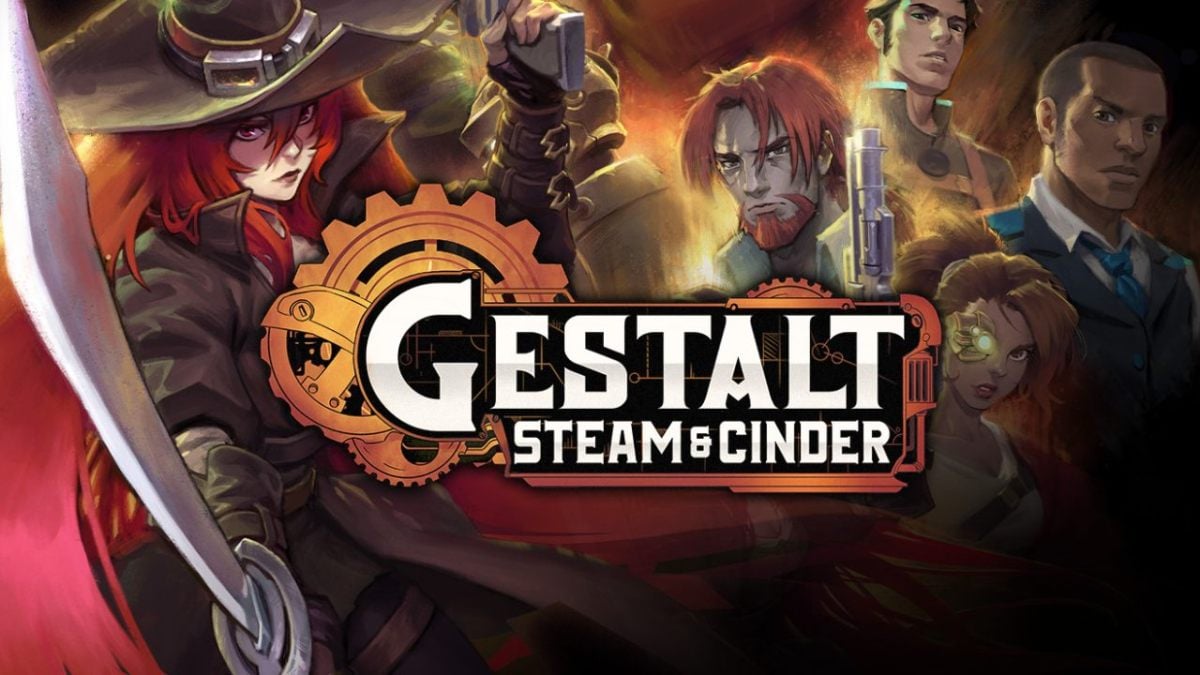
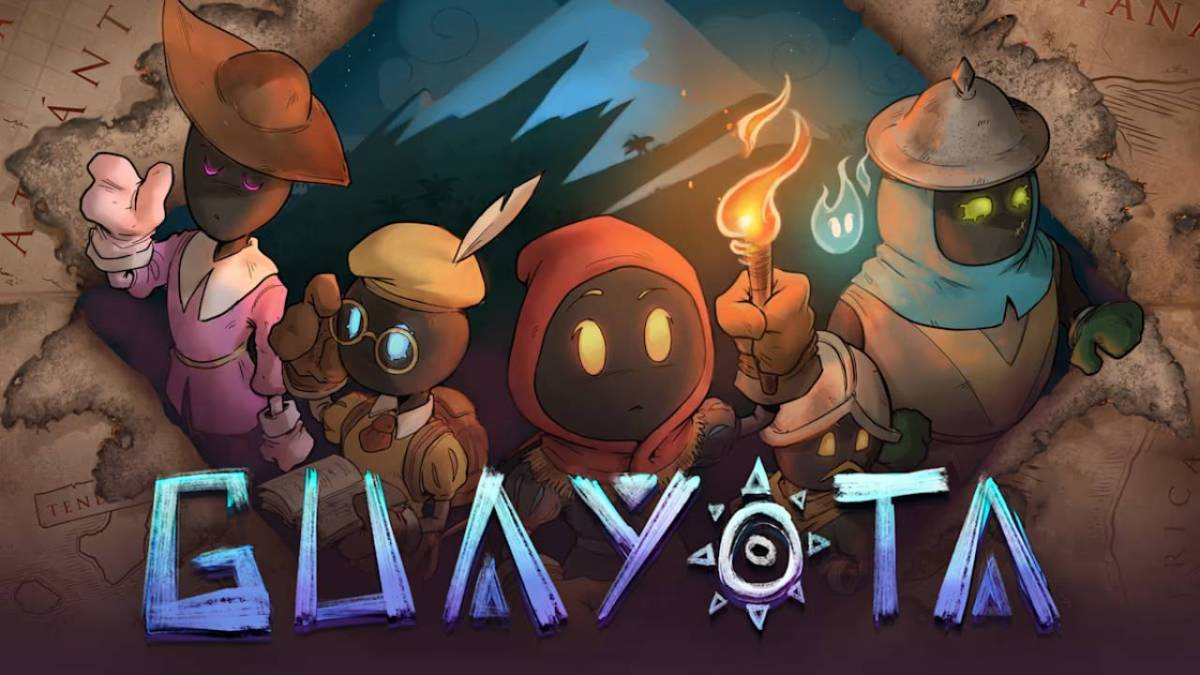
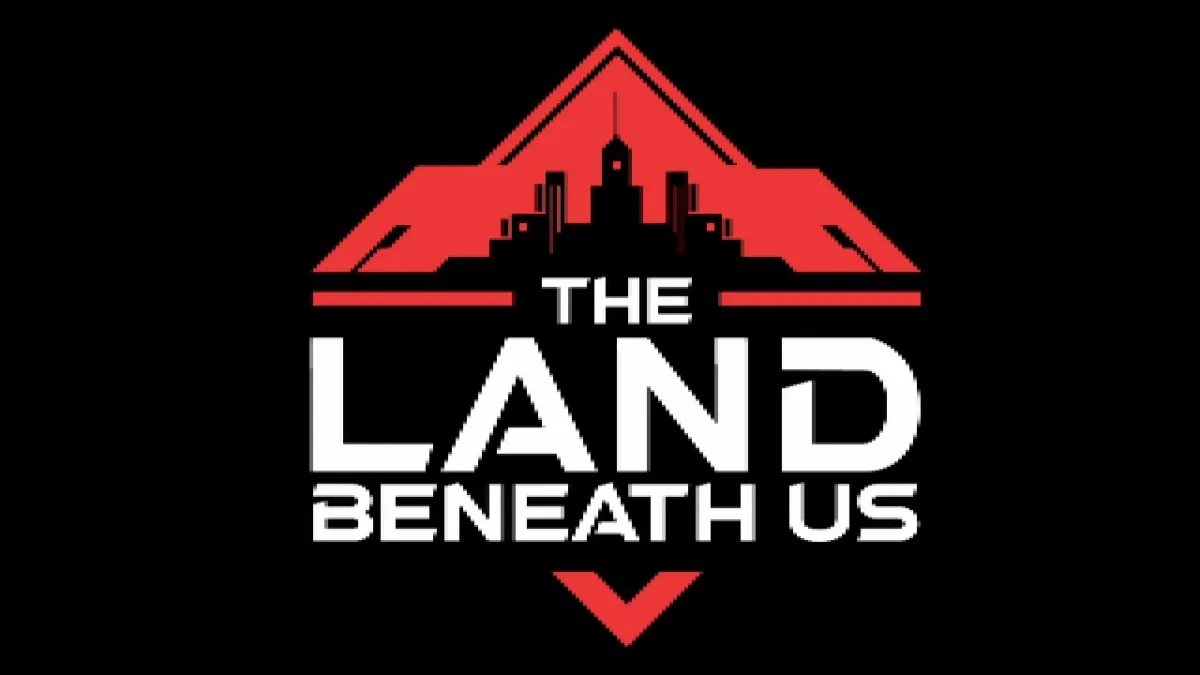
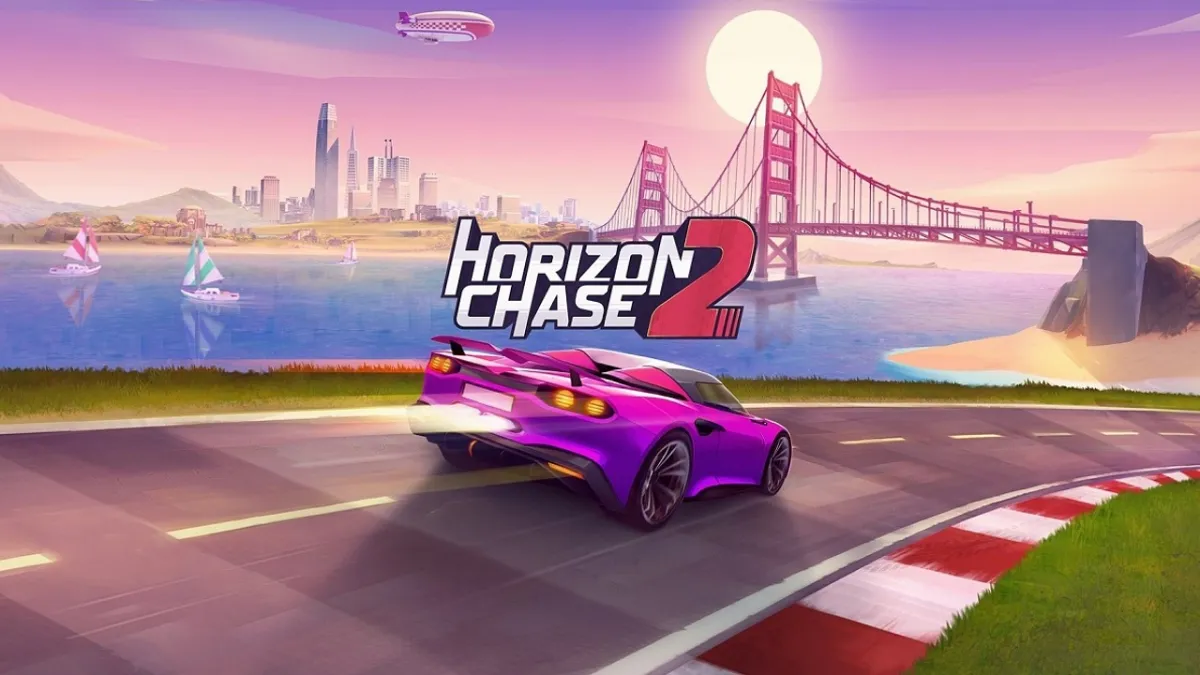
Published: Oct 1, 2018 05:59 am